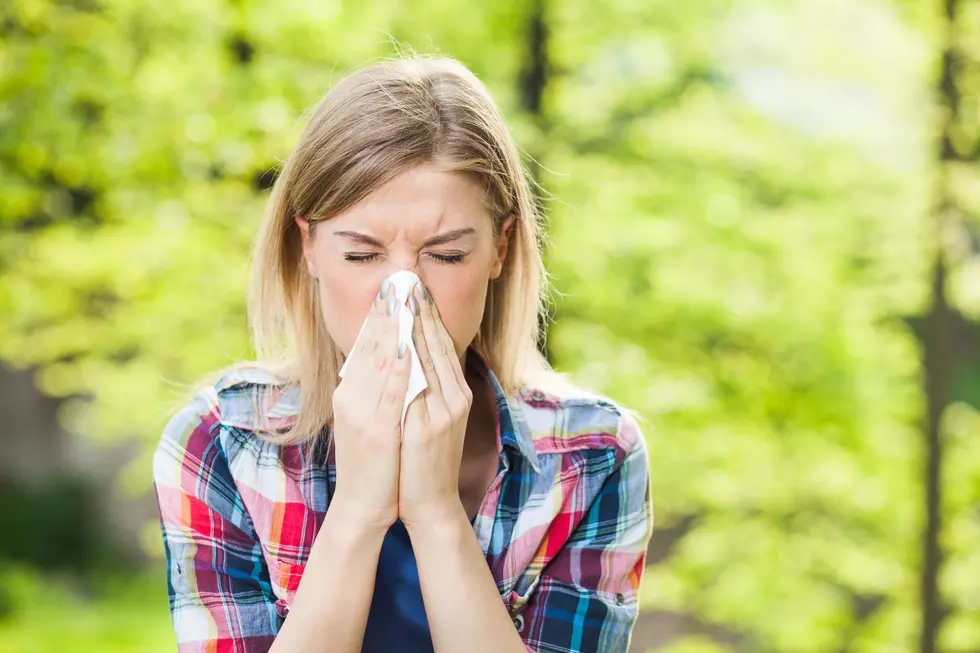![Will NJ Allergy Season Be a Bust? [AUDIO]](http://townsquare.media/site/385/files/2014/04/55897494.jpg?w=980&q=75)
Will NJ Allergy Season Be a Bust? [AUDIO]
Despite the warnings, this year may not be one of New Jersey's worst allergy seasons in recent history.
"You hear that every year," said Dr. Michael Mattikow, clinical associate professor at Rutgers New Jersey Medical School and former president of New Jersey Allergy Society. "There is no way of predicting what kind of allergy season it's going to be because it's like being a farmer. Everything depends on the weather and other conditions when it's actually pollinating."
For example, if experts say it is expected to be a terrible allergy season and it rains all through the month when it's pollinating, then the pollen will not be a problem. On the other hand, if there is no rain at all, the trees may put out leaves instead of pollinating.
"Trees only have a certain amount of energy; you really have to forget what everyone is saying and look for yourself," Mattikow said. "They said it was an early spring? You know how cold it was this spring, you look at the trees. Until recently, have the trees done anything? The answer is no. Maple trees began pollinating, but it got cold so they stopped. They're starting to pollinate a little now. The birches are almost ready, but grass has done nothing, oaks have done nothing. You can't predict what is going to happen then, because you don't know what the weather is going to be like then."
There are trees that have flowers with a heavy, sticky pollen and are pollinated by birds, insects and the like. These are not the trees that are causing allergies.
"You're looking for the trees that don't have pretty flowers, such as the ash, the beach, the birch, the hickory, the oak, the poplar and the maple -- to name a few," Mattikow said. "They don't have pretty flowers, but before the leaves come on, some of them have catkins hanging down. That is showing you that they're pollinating. We haven't seen many of them yet."
Mattikow added that the trees have been putting out more leaves than pollen.
"It was such a bad winter that a lot of the trees are having trouble," he said. "They've been stressed, and if it comes to putting out pollen or putting out leaves, they're going to put out leaves."
It is also not the pollen count that is the most important, according to Mattikow.
"There's something called priming, which means that you've either been exposed to another thing that gives you some trouble or you've been exposed to some for a long period of time," he said. "It's more important that you're exposed to some for a long period of time rather than a huge amount for four or five days."
The ideal weather for pollination to occur is fairly warm, with a good mix of sun and rain.
More From New Jersey 101.5 FM

![Why is This ‘Normal’ Allergy Season So Bad? [AUDIO]](http://townsquare.media/site/385/files/2014/05/98543094.jpg?w=980&q=75)

![Ragweed Season Arrives [POLL/AUDIO]](http://townsquare.media/site/385/files/2013/08/ragweed.jpg?w=980&q=75)
![NJ Allergy Season to Last Longer? [POLL/AUDIO]](http://townsquare.media/site/385/files/2012/08/allergies.jpg?w=980&q=75)




